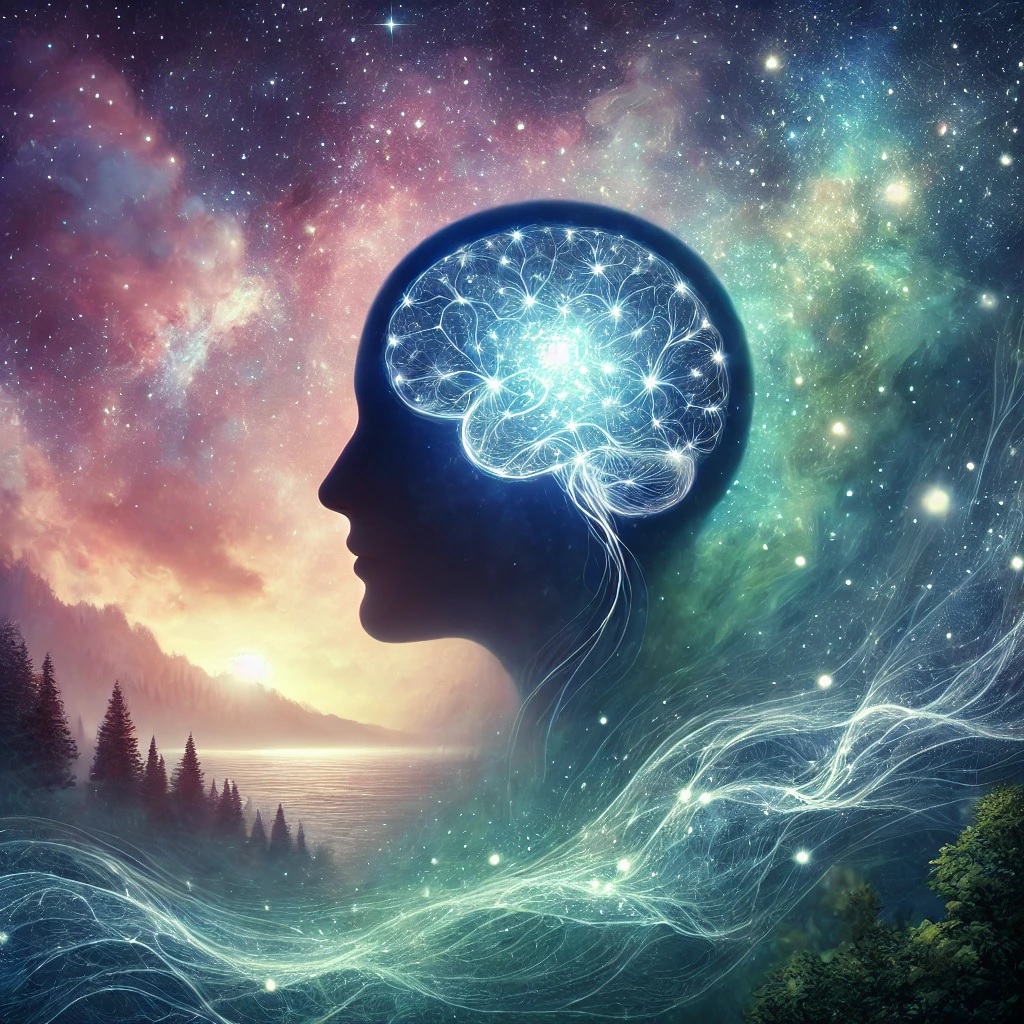What Is Consciousness? A Look at Scientific Simplification and Mind Studies
Consciousness, our ability to feel, experience, and understand ourselves and the world we live in, is one of the greatest mysteries of human existence. What makes this trait, which sets us apart from other beings, come to be? Can it be linked to processes we can study in the brain? Scientific simplification, a method that divides complex phenomena into smaller, more understandable parts, seeks to answer these questions. Brain and nerve scientists, using modern tools like brain imaging and data analysis, are working to uncover how the activity of brain cells and neural networks leads to our mental experiences.
Mind and Brain: Connection or Separation?
Long ago, many thinkers believed the mind and body were two separate things. They thought consciousness was something beyond the physical world, untouched by the laws of nature. Today, however, most scientists believe it arises from the brain’s workings. For example, studies have shown that parts of the brain, like the frontal area, play a key role in things like self-awareness, decision-making, and the sense of identity. These findings have helped us better grasp the link between mind and brain, but not everything is clear yet. The emotional sides of consciousness, such as the pleasure of hearing a song or the fear of an event, still raise questions.
Scientific Simplification: Path to Understanding or Limit to Insight?
Scientific simplification, despite its advances, faces challenges. Some ask: Can breaking consciousness into brain activities explain it all? Can science truly capture the personal and unique experiences of each person? For instance, the feeling of smelling a flower or the memory tied to it seems more than just a simple reaction. Critics say this approach might not fully cover these deep human aspects. Yet, its supporters argue that while we haven’t reached the end, each step brings us closer to understanding.
A Journey Through Knowledge: Past, Present, and Future
The history of studying consciousness shows how human thought has grown. From old beliefs that saw the mind as a force apart from the body to today’s views that see it as the result of complex brain cell teamwork, knowledge has traveled a long road. New tools, like artificial intelligence and brain simulations, bring up the idea that we might one day recreate consciousness in a lab. But is that possible? Is consciousness just a bodily phenomenon, or will some part of it always stay beyond science’s reach?
Conclusion
In the end, exploring consciousness through scientific simplification not only helps us know ourselves better but also puts new questions before us. This path, with all its hardships and shortcomings, opens a window to a deeper grasp of the human mind.
Keywords: consciousness, scientific simplification, brain science, self-awareness, mind, brain, mental experience






